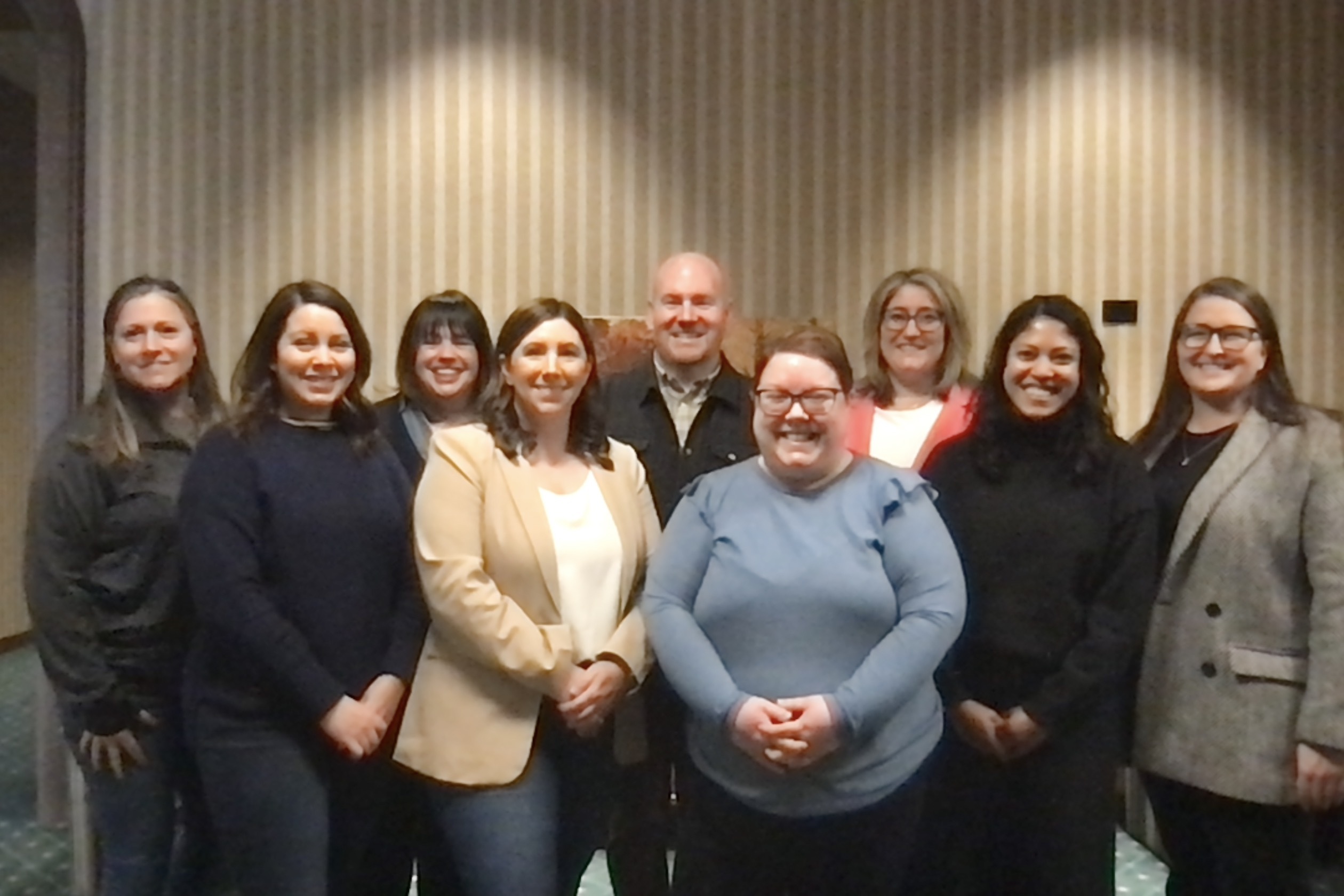
I've been honored to be a part of the Event Garde team for ten years. Prior to that, At the start of my career, I worked for an education association for ten years, then a technology company that did all association business for a few years after that, then started handling my own clients as a consultant where I blended a bit of everything I loved about working with associations - events, technology, workflows. A few years into that, I started picking up work with Event Garde and eventually those clients filled most of my time.
Recently, I found myself at a significant crossroad.
Stay with what I know, what I'm good at, what people seek me out to do for them, what's easy and familiar. This path is intensely time consuming and loaded with travel. But it's also not challenging. For years, this type of work has served me well because I needed to NOT have my heart and soul burdened by the work. Don't get me wrong - I loved the work immensely, but it was fairly stress free. Love the work you do and you'll never work a day in your life, right? While that is how it felt, the amount of stuff that had to come through my desk was absolutely overwhelming at times. The volume was the stressor, not the work, the client, or the event. I could have chosen to take on less, but I loved what I did, it wasn't hard, and it was easy to say "yes" to projects because in my head, I would find the time. My husband often reminds me I try to cram too much into 24 hours.
Also, raising a family - my husband and I have four kids, ages 16, 14, 12 and 10 - isn't cheap! So I took on work that over time, made finances easier. Allowed my husband and I to better provide things to our family without the stress of paycheck to paycheck living, which was our reality when we started our family. Raising a family also meant my passion, my heart, my emotional and mental bandwidth, were all funneled into my people. I might have spent hours working and days traveling, but the reality was that my stress, my pressure, my racing mind, was usually on my family and trying to raise good humans. Sure, I had 1,000 things on my to do list, an inbox that was never ending and never EVER anywhere close to "zero", but most of the time, the thing that was holding the most space in my head and certainly in my heart was my family. I definitely worked a lot, but I also got to be home in ways a more typical 9-5 working environment never would have afforded me.
Now the crossroad appears. Recently, someone I worked with in small chunks prior to my time with Event Garde sought me out for an opportunity that will never present itself again. The owner of a niche association management company based in Michigan is looking to reduce her own workload and eventually retire. She wanted to hand-pick the person that would eventually attempt to fill her shoes and I am honored, flattered and grateful that she approached me. This role will challenge me to use my education as a Certified Association Executive in ways that haven't been tapped into yet. It will pull me from the association staff side into the association leadership side again - but with immensely more knowledge and experience this time. It will require more from my emotional and mental buckets, and of course I'm still a parent to four not-so-little-anymore-but-still-so-young children, and a partner to a husband who has always believed in my ability to accomplish amazing things.
Will this new opportunity require more from me? Absolutely. Will I travel much closer to home for smaller chunks of time? Absolutely. Will this require a different level of my heart and soul? Absolutely. Is this the right next step for me? Absolutely.
I appreciate all the people that I've worked alongside of, worked for and worked with over these years. I've learned a bit of knowledge from each of them and I hope I taught them all something that has stuck with them and helped them do their work differently - hopefully better.
Thank you Event Garde!


